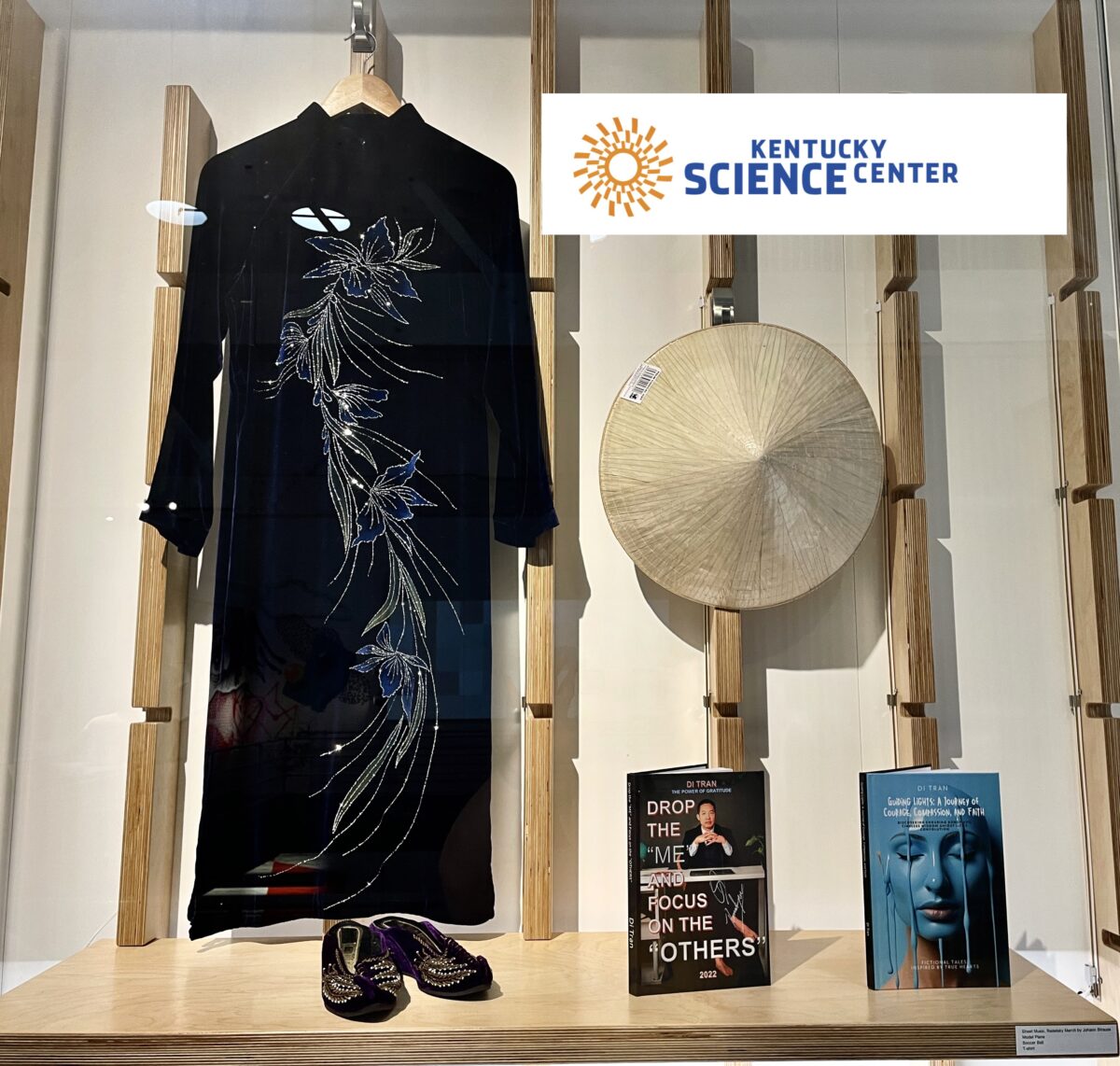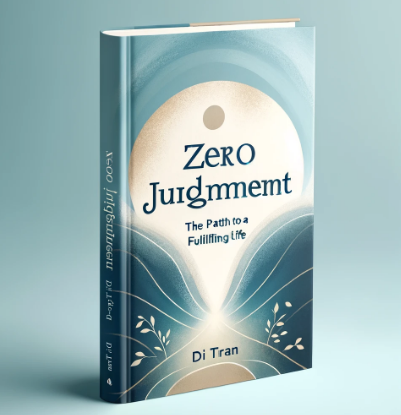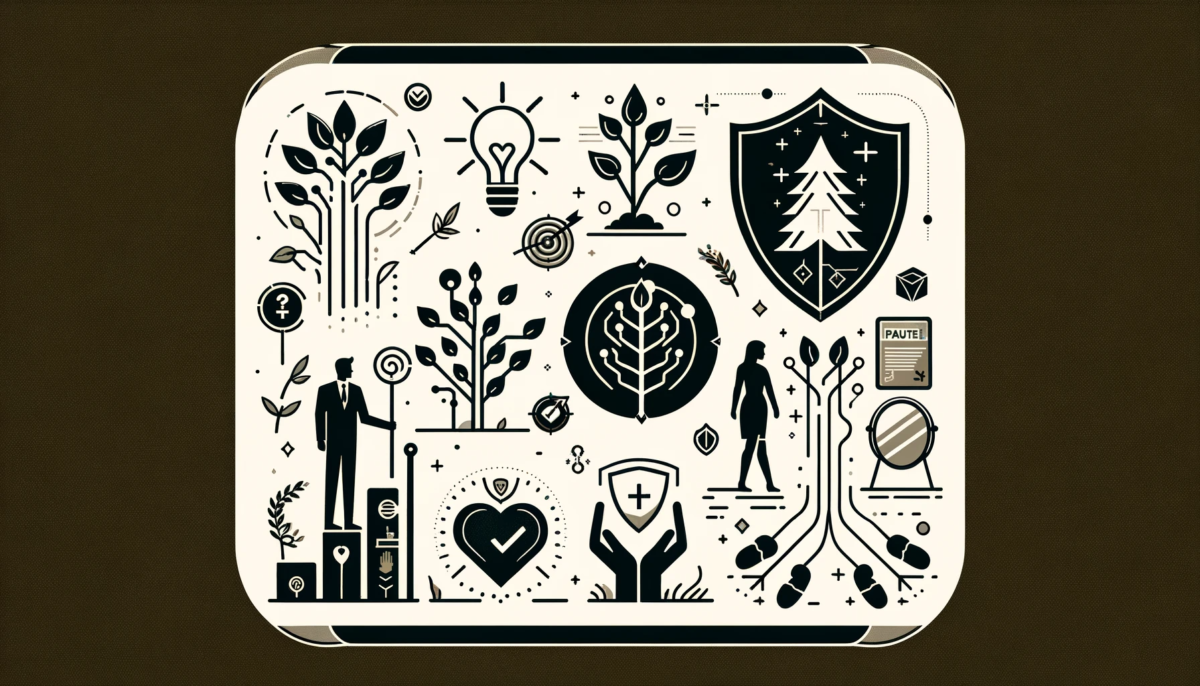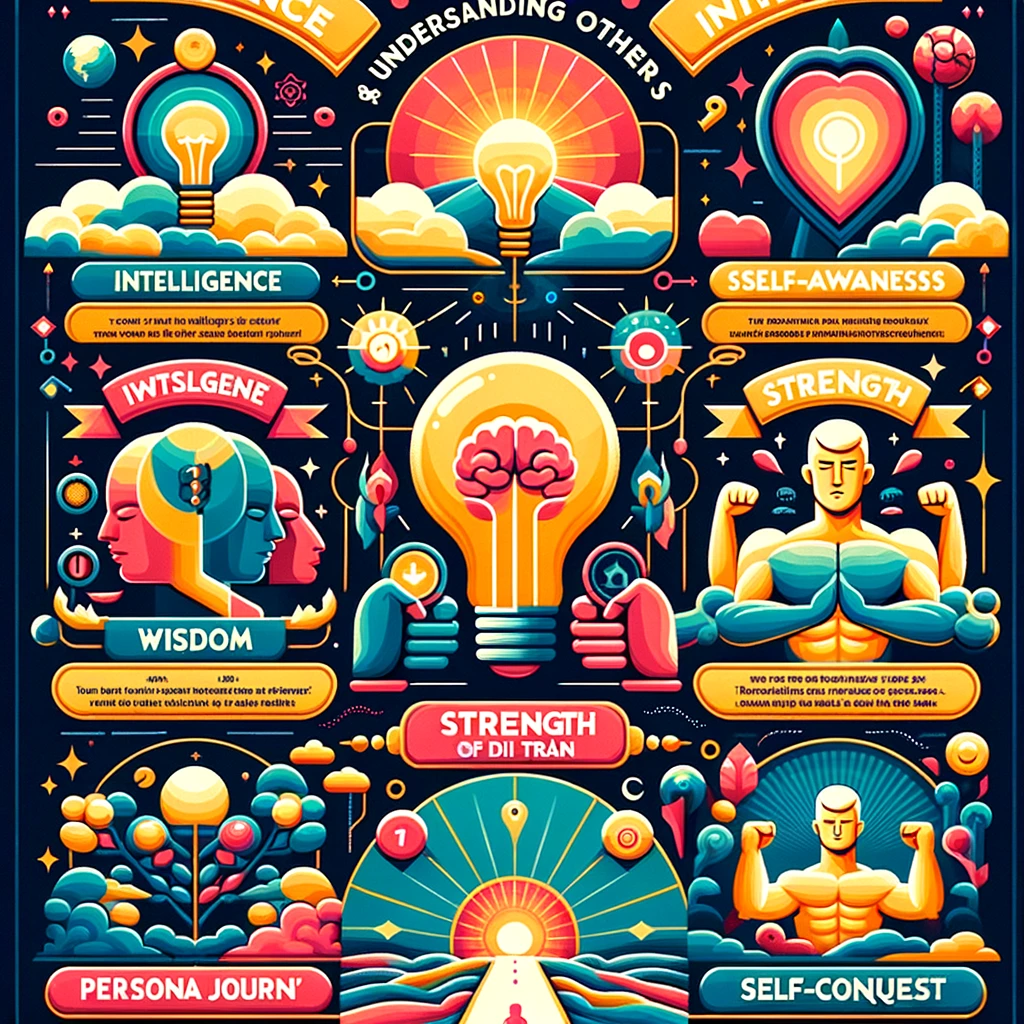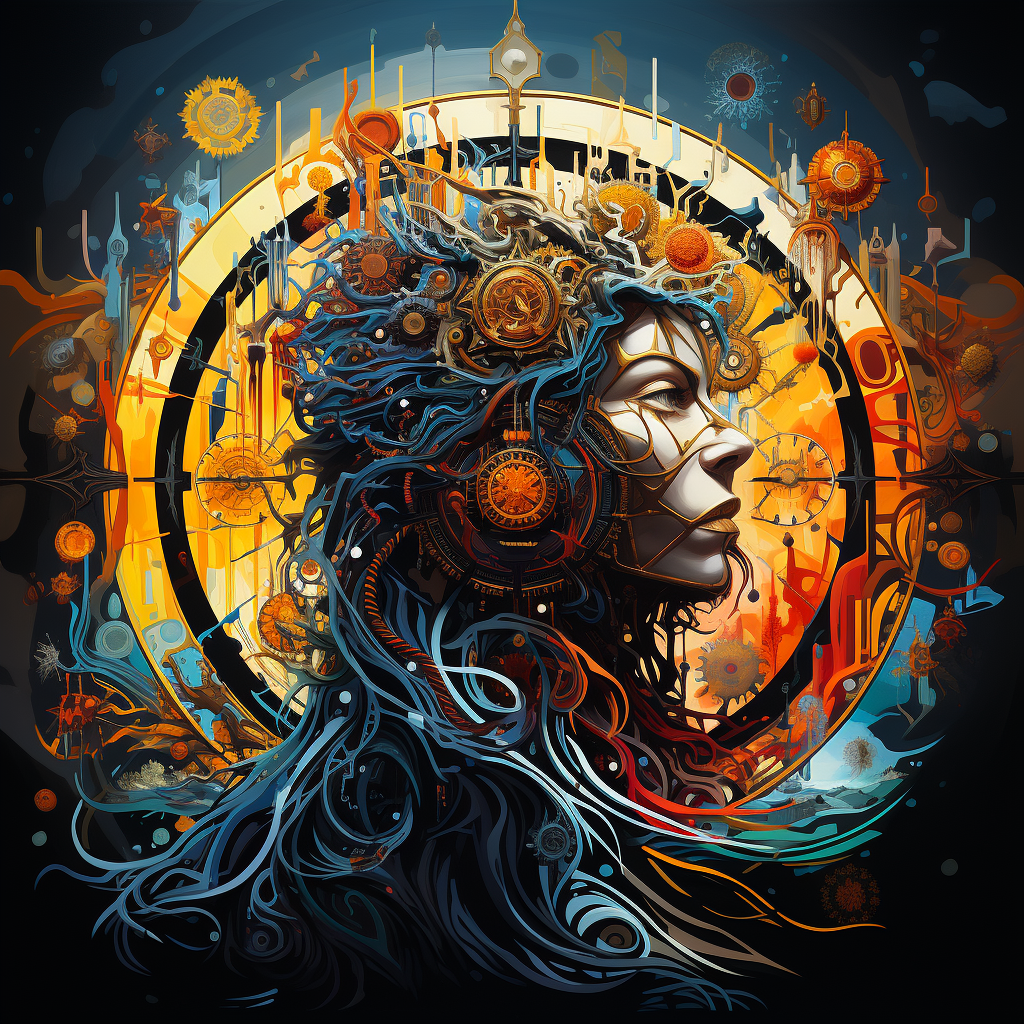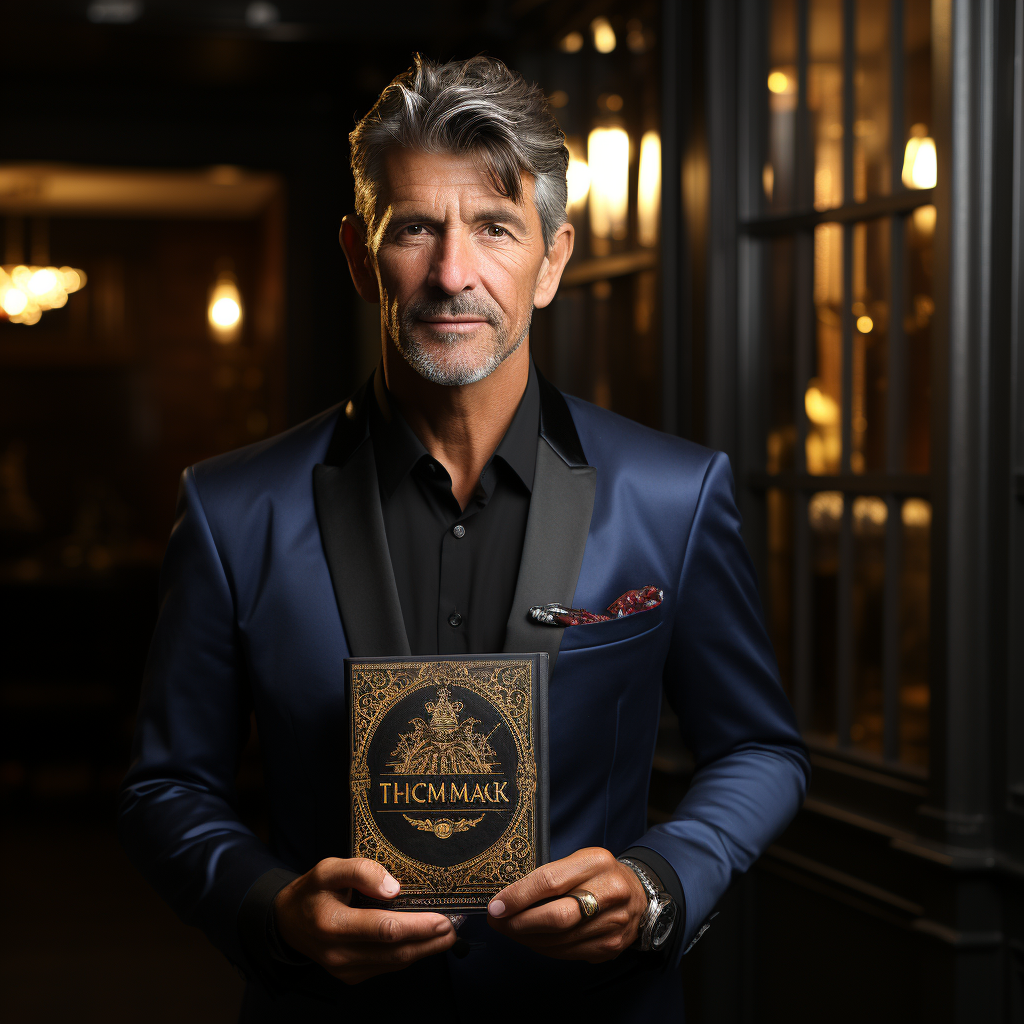In the heart of Louisville, KY, the Kentucky Science Center stands as a beacon of knowledge, inclusivity, and community. As an institution dedicated to exploring the intersection of health and humanity, the Science Center continually fosters environments where differences are celebrated and every story is honored. This spirit of inclusivity is exemplified in their latest exhibit, “Uniquely Human,” which delves into the assumptions, biases, and perspectives that shape our self-perception and community interactions.
One of the most touching features of the “Uniquely Human” exhibit is the inclusion of items from the Tran family, a testament to the rich tapestry of Vietnamese culture and the powerful story of a family that has embraced both their heritage and their American identity. Di Tran, a proud Vietnamese immigrant, and his family have become shining examples of love, care, and inclusivity in Louisville.
Di Tran’s story is one of perseverance, dedication, and a deep commitment to community. His books, “Drop the Me and Focus on the Others” and “Embrace the Healing Power of Beauty Services,” are featured in the exhibit, providing insights into his philosophy of selflessness and community service. These works encourage readers to look beyond themselves and contribute to the greater good, aligning perfectly with the mission of the Kentucky Science Center.
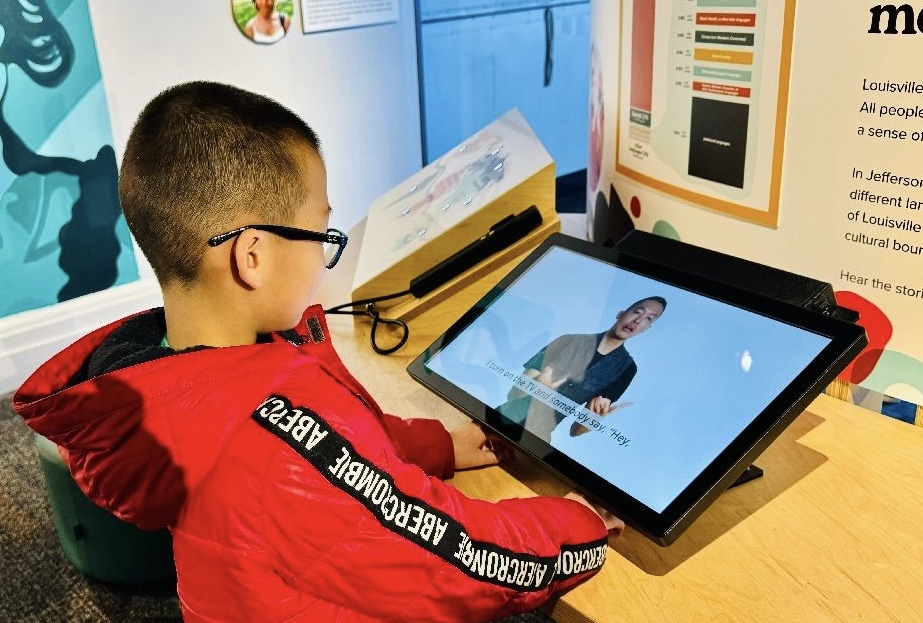
However, what makes this exhibit even more special are the personal items on display that tell a deeper story. The embroidered black áo dài and the conical hat (nón lá) showcased were worn by Di Tran’s mother at his wedding. This áo dài nhung, adorned with intricate decorations, represents not only the elegance of Vietnamese tradition but also the love and pride of a mother celebrating a significant milestone in her son’s life. The inclusion of these items highlights the Tran family’s journey and the blending of their Vietnamese heritage with their American experiences.
Di Tran often says, “Vietnamese Born and American Made,” a phrase that captures the essence of his family’s journey. They are proud of their roots and equally proud of the lives they have built in the United States. The Tran family embodies the spirit of resilience and the warmth of community, values that resonate deeply within the walls of the Kentucky Science Center.
As community partners with the Science Center, Di Tran and his children are honored to celebrate the beauty of Kentucky and Louisville in the most inclusive and welcoming way possible. The Tran family’s involvement with the exhibit is not just a celebration of Vietnamese culture but a tribute to the love and unity that define their lives.
The Kentucky Science Center’s commitment to creating a space where all voices and traditions can be appreciated and respected is commendable. Their “Uniquely Human” exhibit is a profound reminder of the power of empathy and understanding. By showcasing the Tran family’s story, the Science Center emphasizes that our differences can bring us together and that each unique journey adds to the rich tapestry of our community.
We invite all families to visit the Kentucky Science Center and explore the “Uniquely Human” exhibit. It is a place of love, inclusion, and celebration of diversity. Come and discover the beauty of our collective stories and traditions, and learn how our assumptions and biases shape our perceptions and interactions.
Join us in honoring the Kentucky Science Center for their leadership and dedication to inclusivity, and in celebrating Di Tran and his family for their loving and inclusive spirit that enriches the Louisville community. Together, we can continue to build a community where every voice is heard, and every tradition is cherished.
Visit the Kentucky Science Center today and be part of this extraordinary journey. Let’s learn, explore, and grow together in a place that welcomes everyone with open arms.

